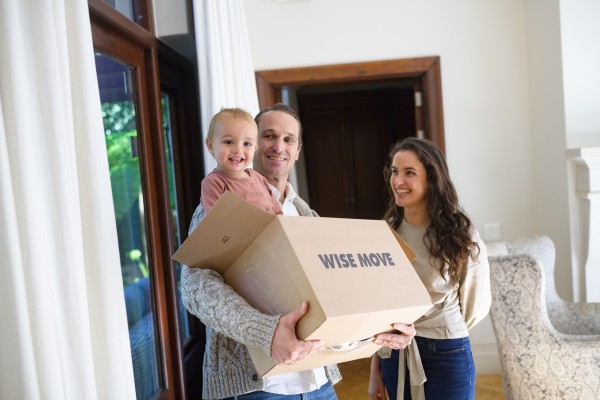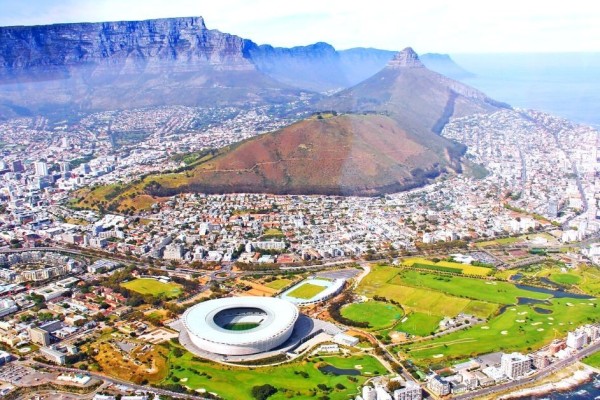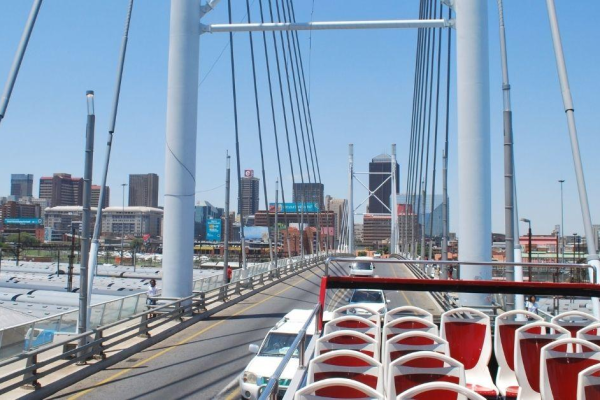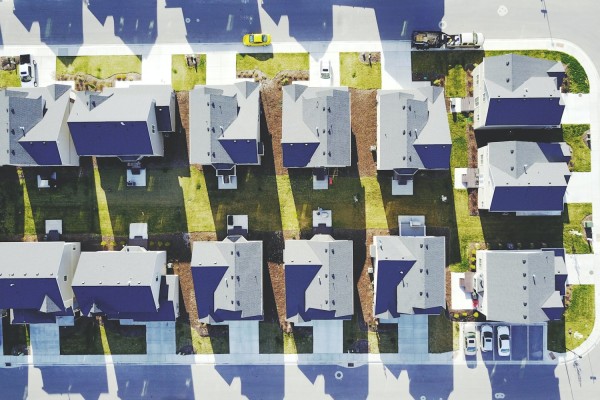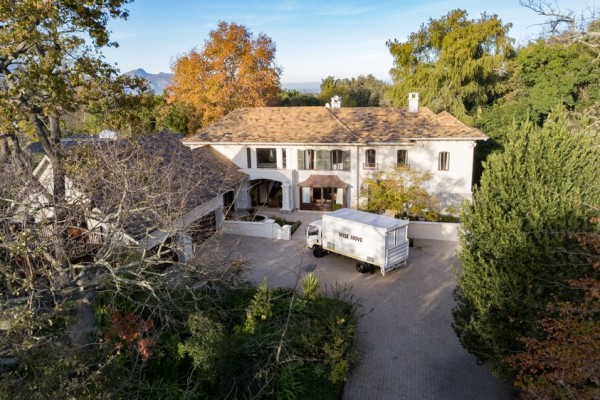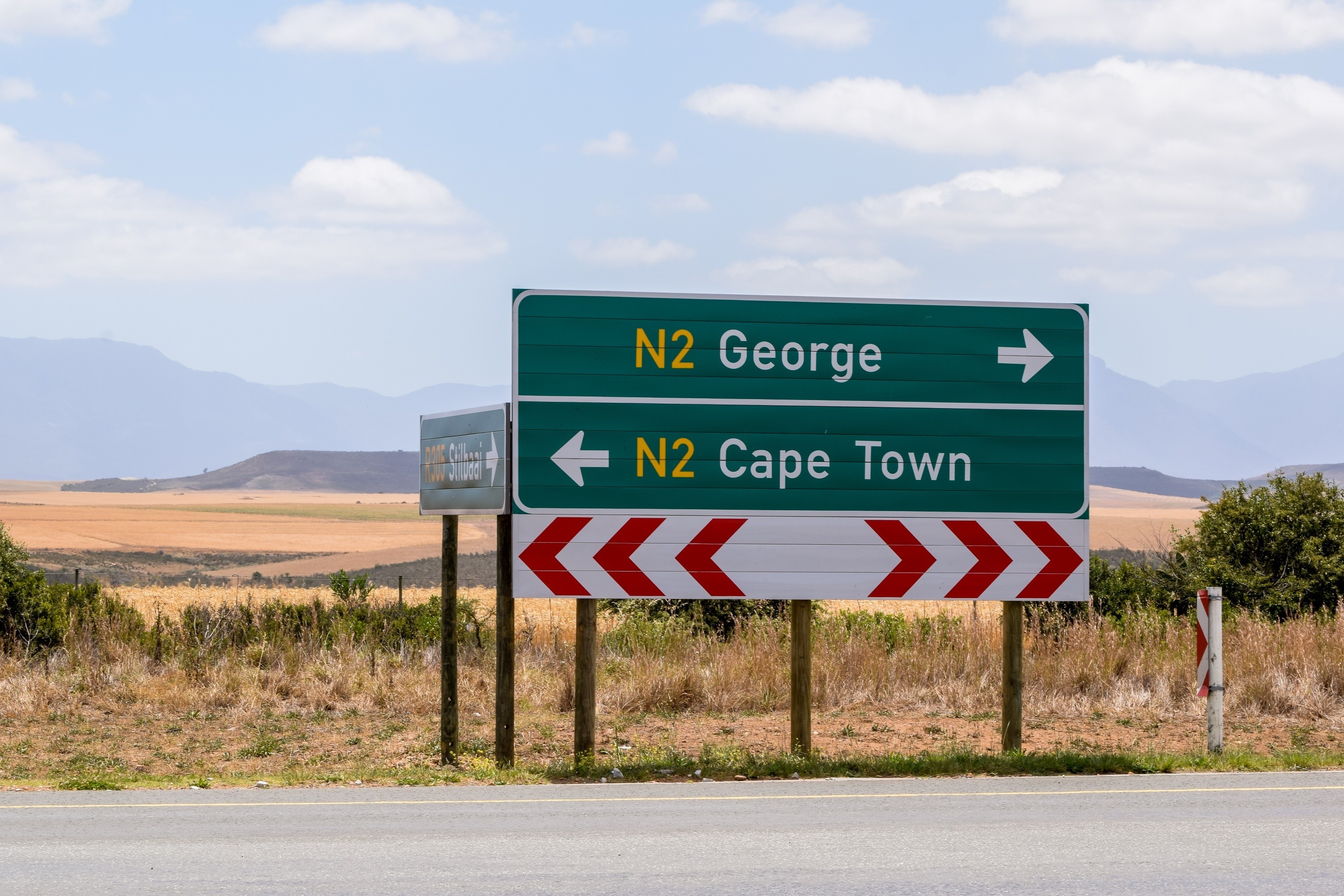
The flourishing Western Cape town of George is an increasingly desirable place to live. The sales pitch is all about lifestyle, weather and convenience. George has spectacular landscapes, wonderful beaches and an array of sport and leisure options, both on sea and on land. The local airport has direct flights to Cape Town, Johannesburg and Durban. And the city boasts a well-run municipality, overseeing solidly maintained infrastructure.
All of these pull factors have tempted a lot of professionals and retirees to move to George and its surrounding areas, and the resulting demand has turbo-boosted property prices and rents in the last decade or so. In response, the city has boosted housing stock by approving and servicing new building developments. Even so, the cost of living in George has gone up, particularly if you’re looking to buy a home.
So what do you need to earn to live comfortably in George? Here’s your complete guide.
The cost of housing in George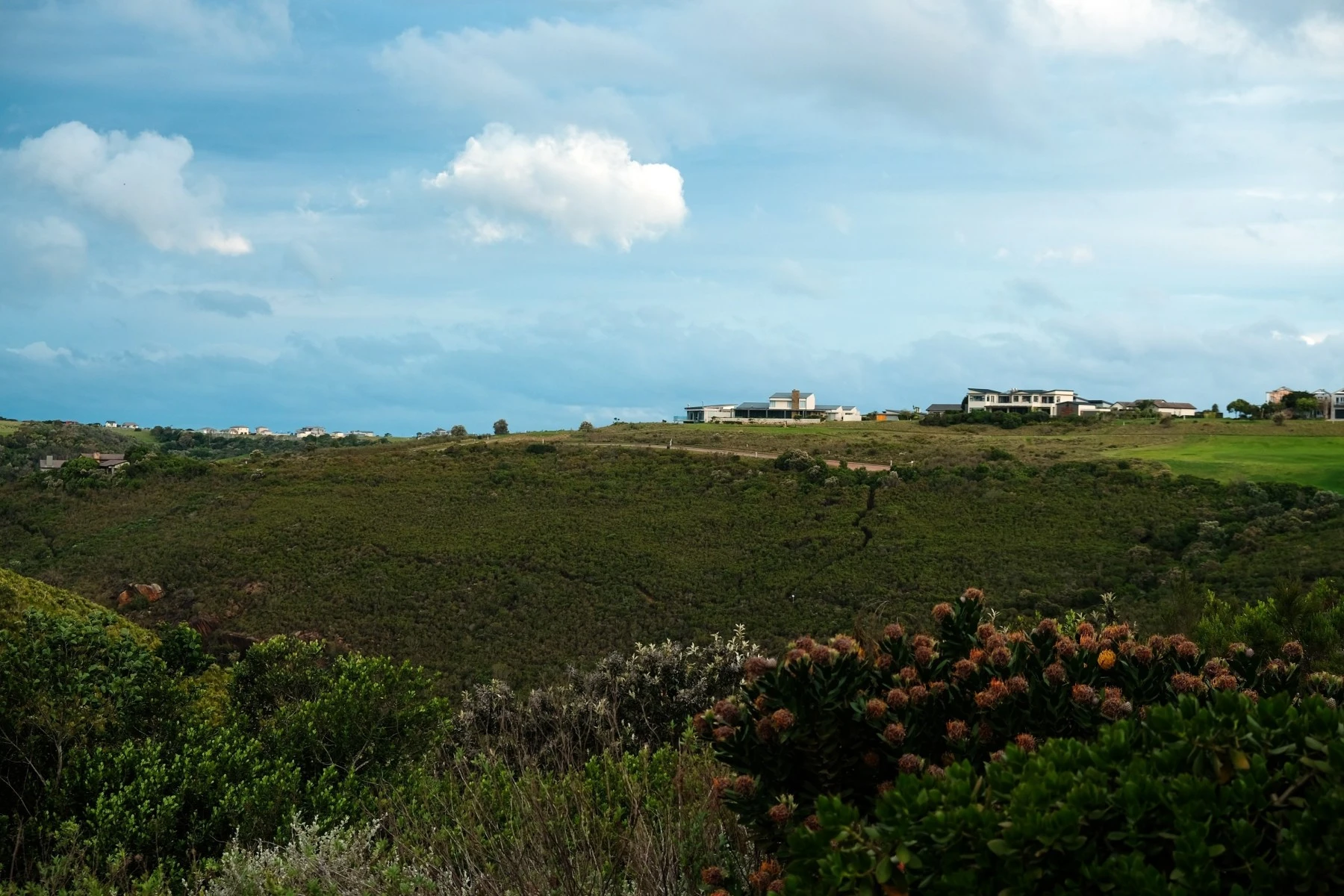
A growing cohort of well-off South Africans are deciding to retire in the George area, start businesses, or live there and work remotely. Holiday home buyers and builders are also in the mix. This means there is a brisk market for existing upmarket homes, and many new property developments are quite fancy—especially those close to the sea or to nearby mountains —and are priced accordingly. There are a range of property types and sizes on offer, but overall, the cost of housing is on the high side for South Africa, so it’s not one of the reasons you might move to George.
What do George's properties cost to buy?
The 2025 average asking price for a property sold in George is just below R3,000,000—more than double the average in 2016, beating inflation comfortably. The average selling price is now just below R2,500,000, well above the 2016 average of R1,500,000.
This means George has overtaken Cape Town’s average property prices, which are currently R2,500,000 for asking prices and R2,100,000 for selling prices.
According to Numbeo, central George's average property price per square metre is currently R11,750 and R9,000 outside the centre. This is much lower than in Cape Town, but this gap is largely explained by the much larger average property sizes in George.
According to property group Seeff, the most sought-after suburbs in George are Bergsig, Camphersdrift and Eden, while the Kingswood Golf Estate and Kraaibosch Country Estate are also in high demand.
What does it cost to rent a home in George?
The average rental in central George in 2024 was R12,700 per month for a three-bedroom apartment, and R13,216 for a three-bed in the suburbs.
For one-bed apartments in the town centre, the average rent was R7,075, as against R5,716 in the suburbs.
Average rents are still 42% lower than in Cape Town, pointing to a two-tier housing market in George, with lots of affluent buyers and lots of less affluent renters.
What do utilities cost in George?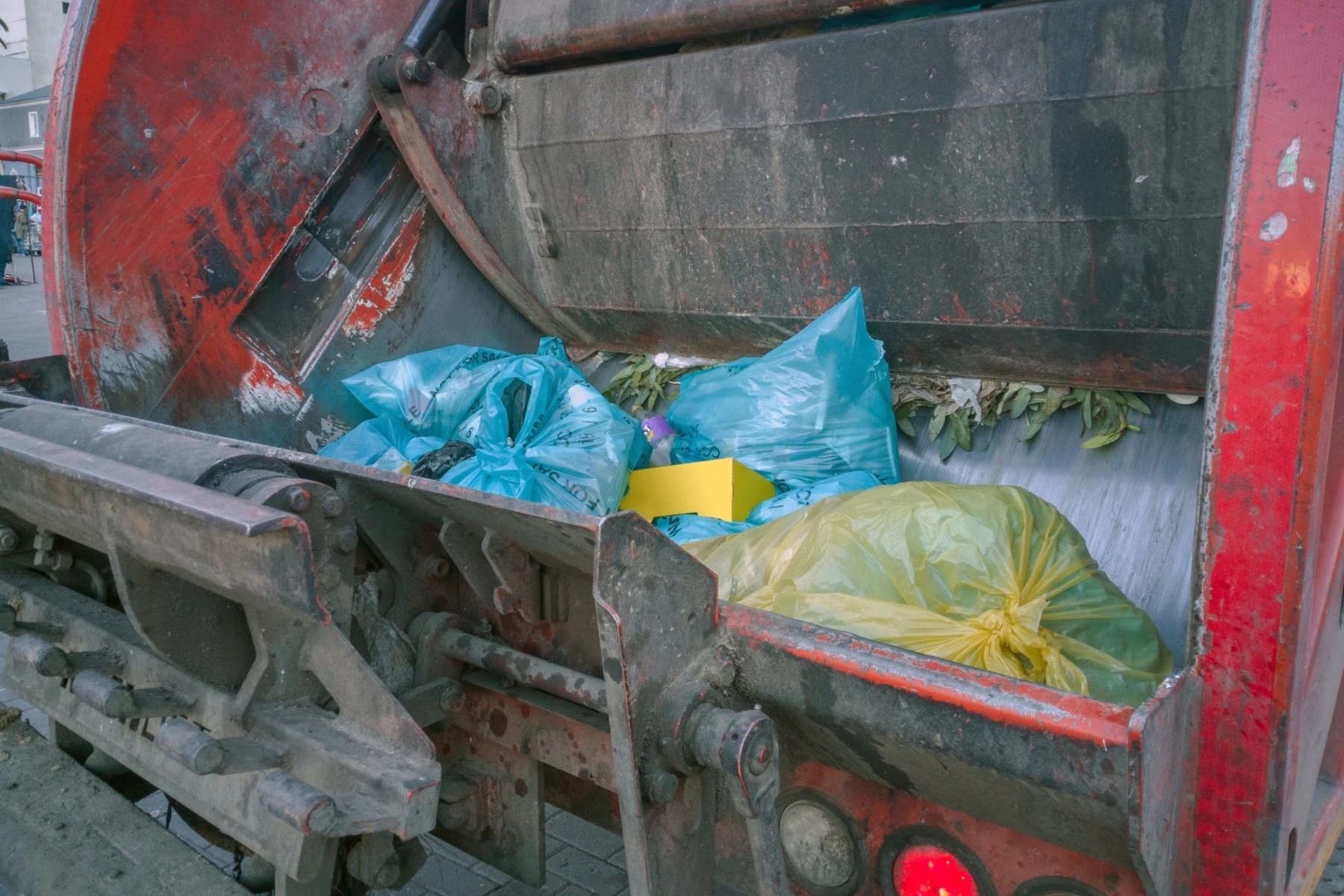
Basic services in George are relatively affordable, with municipal utilities typically being cheaper than in Cape Town. High-speed internet, however, costs are higher.
|
Utility service in George |
Average monthly cost (85m2) |
|
Electricity, water & refuse collection |
R1,543.66 |
|
Mobile phone monthly plan with calls and 10 GB+ data |
R290 |
|
Internet (60 Mbps or More, Unlimited Data, Cable/ADSL) |
R862.50 |
What do groceries cost in George?
Some kinds of fresh produce, such as potatoes, eggs, apples, tomatoes and onions, are significantly cheaper in George than what it costs in Cape Town or other big South African cities, owing to local supply. It does average out though as other food items are slightly more expensive in George compared to our bigger cities.
The city’s typical basic grocery basket for a family of four is currently around R5,300 per month, in line with the national average. That said, the cost of a more varied, nutritious and tasty diet could be up to R20,000 per month for a four-person family.
The basic grocery bill remains fairly low by developed-world standards, despite high food inflation in recent years.
What do restaurant meals cost in George?
Prices at George’s average inexpensive and mid-range restaurants are a bit lower than in Cape Town, according to Numbeo data.
|
City |
Inexpensive restaurant price |
Mid-range restaurant ( 3 courses, 2 people) |
|
George |
R175 |
R675 |
|
Cape Town |
R165 |
R750 |
So George’s restaurants typically won’t chow your budget and there isn’t much in the way of fine dining. With that being said, they do cater for a flow of demanding tourist customers, so you can blow your pocket money on some excellent seafood restaurants, steakhouses and Italian places. Good craft beer is abundant, and the produce used in restaurants is often of high quality since parts of the nearby Little Karoo farmland areas specialise in fruit, dairy and meat production.
Tipping between 10% and 20% is expected—waiters depend on your tips, as their hourly wages are very modest.
Popular restaurants in George
101 Meade Street
View this post on Instagram
Modern European and South African-inspired dishes made from fresh, locally sourced farm produce. The menu features everything from artisanal bread and tapas to homemade pasta and hearty meat or seafood mains, all served in a stylish, contemporary setting.
Prices range from R160–R240 for mains.
The Fat Fish
View this post on Instagram
This popular seafood spot is known for its sustainably sourced fish dishes, sushi and creative tapas-style plates. The relaxed setting and award-winning wine list make it a go-to for both casual lunches and dinner dates.
Average meal price is approximately R200 per person, with lunch specials starting from R185 for two.
Hussar Grill
View this post on Instagram
A traditional grill house dining experience offering classic steaks, game, ribs and burgers in a warm, old-world setting. Think leather booths, vintage books and expertly cooked meats.ht.
Prices range from R195–R495 depending on your cut and extras.
Portobello Italian Kitchen
View this post on Instagram
This George-based spot offers a modern take on classic Italian flavours. Their pizzas are made in the traditional Neapolitan style, while the broader menu includes comforting pasta and hearty grills, from fresh, high-quality local ingredients.
Prices range from R105–R185 (pizzas), R90–R225 (pasta), and up to R240 for grills. They also offer a special 3-course Tortellini menu for R480 per couple.
How much does public transport cost in George?
- George has an efficient and comfortable local bus service, called Go George, which offers affordable single tickets for R17, dropping to R12.75 per trip when you buy 10 trips. It covers most of the city.
- There are also shuttle services to George Airport.
- If you want to see the Outeniqua mountains in style, try the retro-chic PowerVan George service, which runs restored trolleys on the railway lines from George to Oudtshoorn and Mossel Bay. For a 2.5-hour round trip, the scenic journey is also very affordable at R230 per adult and R200 per child.
What does private car travel cost in George?
- Fuel is slightly cheaper in George than in inland cities and priced at R21.67 per litre, below the global average.
- The average price of an affordable car in South Africa is relatively low due to local production of some models and modest taxes. A Toyota Corolla Sedan 1.6l 97kW Comfort will set you back R446, 492.
What does entertainment cost in George?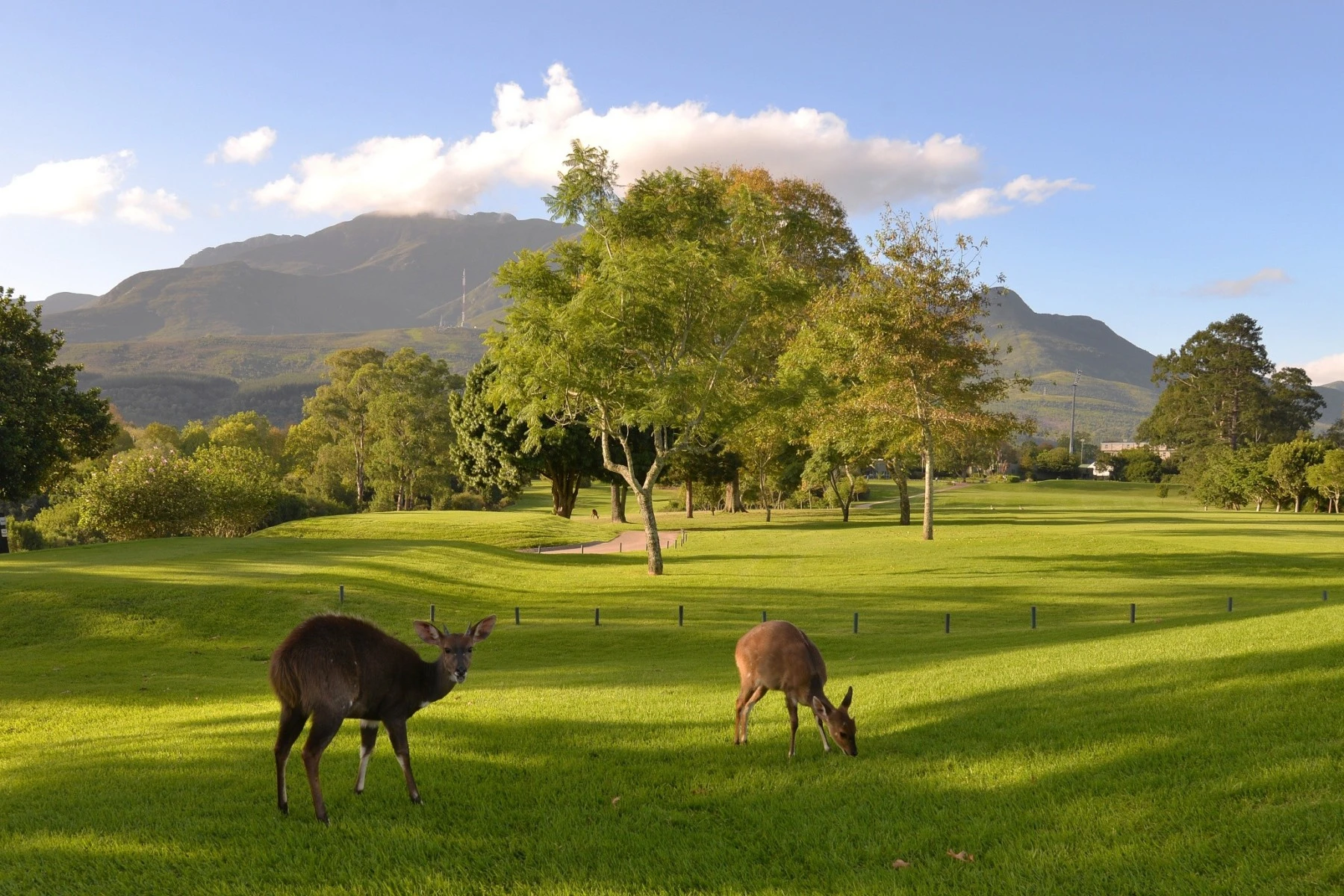
George is not quite a hotspot for nightlife or show business, being a small city. It’s, however, a true paradise for lovers of the outdoors from adventure sports abounds, and golf is a major obsession on the Garden Route.
- Nine holes on a George course will cost you R100 or more if you’re a member, and from R300 up if you’re a visitor.
- Renting a tennis court will set you back about R200, while a bungee-jumping thrill will cost you about R700 at nearby Bloukrans Bridge.
- But many of the George area’s outdoor pleasures are free, beyond the cost of your equipment—go for a swim or a sail, catch a fish, or climb a mountain.
What does education cost in George?
View this post on Instagram
- George is home to a limited choice of good state schools with fees ranging between R20,000 and R35,000 per year.
- Private schools charge fees are up to R100,000 a year for a matric student.
- While the standards at the best George schools are widely respected, some upper-income families do choose to enrol their children as boarders in Cape Town’s leading private schools, where fees can go north of R200,000 per year.
What does medical care cost in George?
View this post on Instagram
Doctors visits
Visiting a private GP in George will usually cost you between R500 and R750 per consultation. The quality of care will typically be excellent, but specialists are in short supply.
Medical aid
The cost of South African healthcare is something to consider, no matter where you go. Medical aid policies vary widely in coverage and cost for a basic hospital plan to comprehensive coverage for people with pre-existing conditions. For example:
- Discovery Essential Smart Plan: R1,300 per adult, R900 per child for hospital plan with limited GP coverage.
- Bonitas Hospital Standard: From R2,200 per adult for a hospital plan with more comprehensive cover.
- Discovery Executive Plan (comprehensive): Over R7,000 per adult with full day-to-day and chronic benefits.
A family of three on a mid-range plan can expect to spend around R4,500–R6,000 per month for adequate coverage.
How much do domestic services and security cost?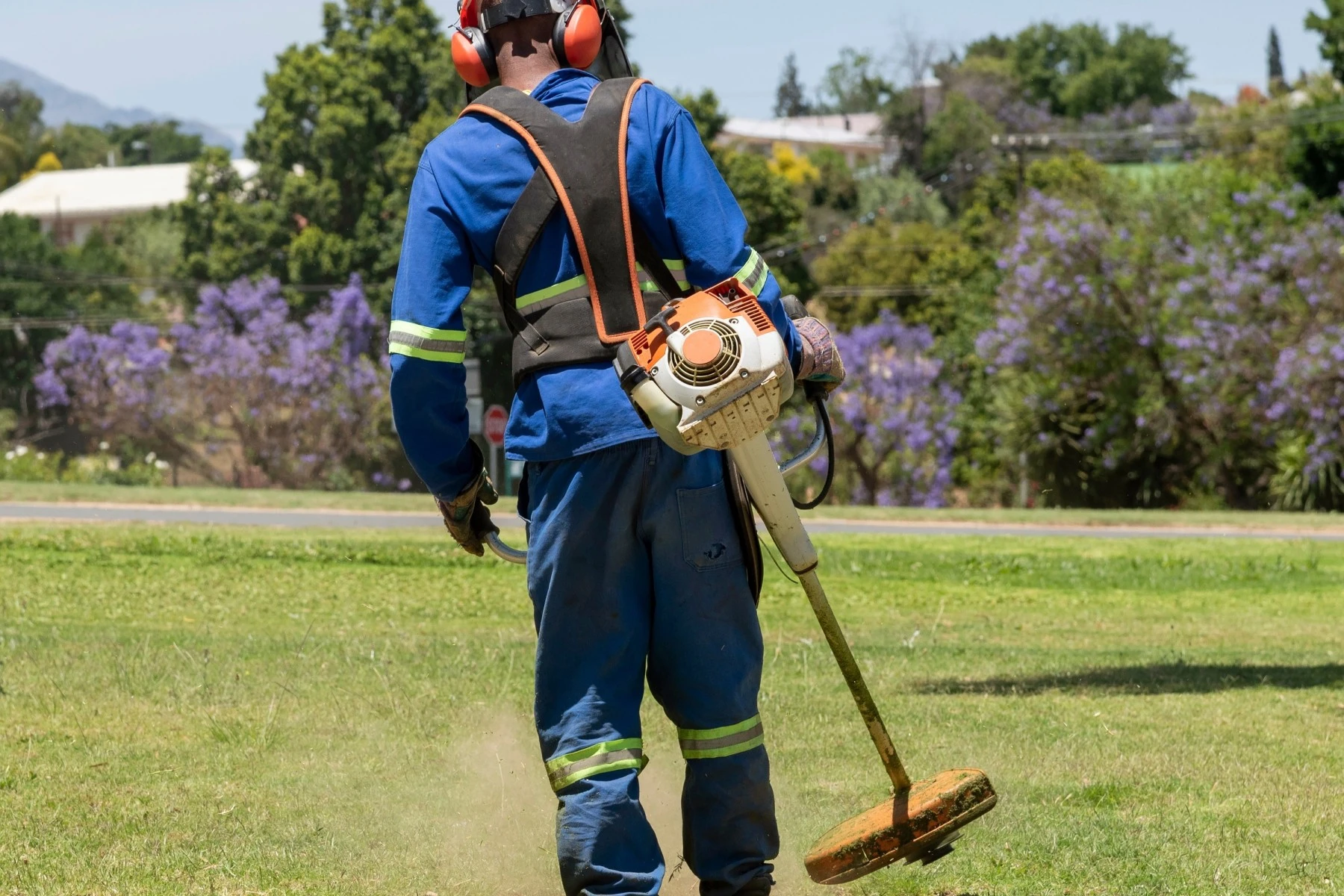
To live comfortably in George, many households budget for extra help around the house and garden. For added peace of mind, it also makes sense to invest in home security.
- Domestic worker (2x/week): R2,000–R2,500 per month
- Garden services: R400–R600 per visit
- Home security system with armed response: R500–R1,000 per month.
Savings and emergencies
To reduce financial stress, it’s a good idea to build an emergency savings fund. This helps cover unexpected costs, like car repairs, dental work or sudden school or home expenses.
A good rule of thumb is to set aside at least 10% of your income, or around R2,000–R4,000 per month, depending on your lifestyle and household size.
What do I need to earn to live comfortably in George?
Living comfortably in George means covering all your basic needs—like rent, groceries, transport and utilities—while still having some breathing room for healthcare, school fees, savings and lifestyle extras like dining out or local travel.
Naturally, what counts as “comfortable” will vary depending on your household size and financial goals.
The average monthly after-tax salary in George for 2025 is R14,750 per month, according to Numbeo. This average does not reflect the incomes of the city’s many upper-income residents, many of whom are retirees or business owners who do not earn a salary.
To help you determine how much you need to earn to live comfortably in George, we've outlined the monthly income (after tax) of different types of households (single adults, couples, families, retirees) to cover your costs.
How much you need to earn monthly (after tax) by household type
|
Household type |
Monthly Income |
|
Single adult |
R18,000 – R20,000 |
|
Couple, no children |
R28,000 – R32,000 |
|
Family of three (1 child) |
R34,000 – R38,000 |
|
Family of four |
R40,000 – R45,000 |
|
Retired couple (own home) |
R22,000 – R26,000 |
Summary of monthly costs
To give you a clearer idea of what this lifestyle looks like in numbers, here’s a breakdown of a typical monthly budget for a family of three living comfortably in George:
|
Category |
Monthly cost |
|
Rent (3-bed suburb) |
R13,000 |
|
Groceries |
R7,000 |
|
Utilities & Internet |
R2,400 |
|
Medical Aid (mid-range) |
R5,000 |
|
Transport (private car) |
R3,000 |
|
School Fees |
R2,500 |
|
School Transport |
R1,200 |
|
Domestic/Garden Services |
R2,500 |
|
Home Security |
R800 |
|
Entertainment & eating out |
R2,000 |
|
Savings & emergencies |
R3,000 |
|
Total |
R42,400 |
Moving to George? Then make a wise move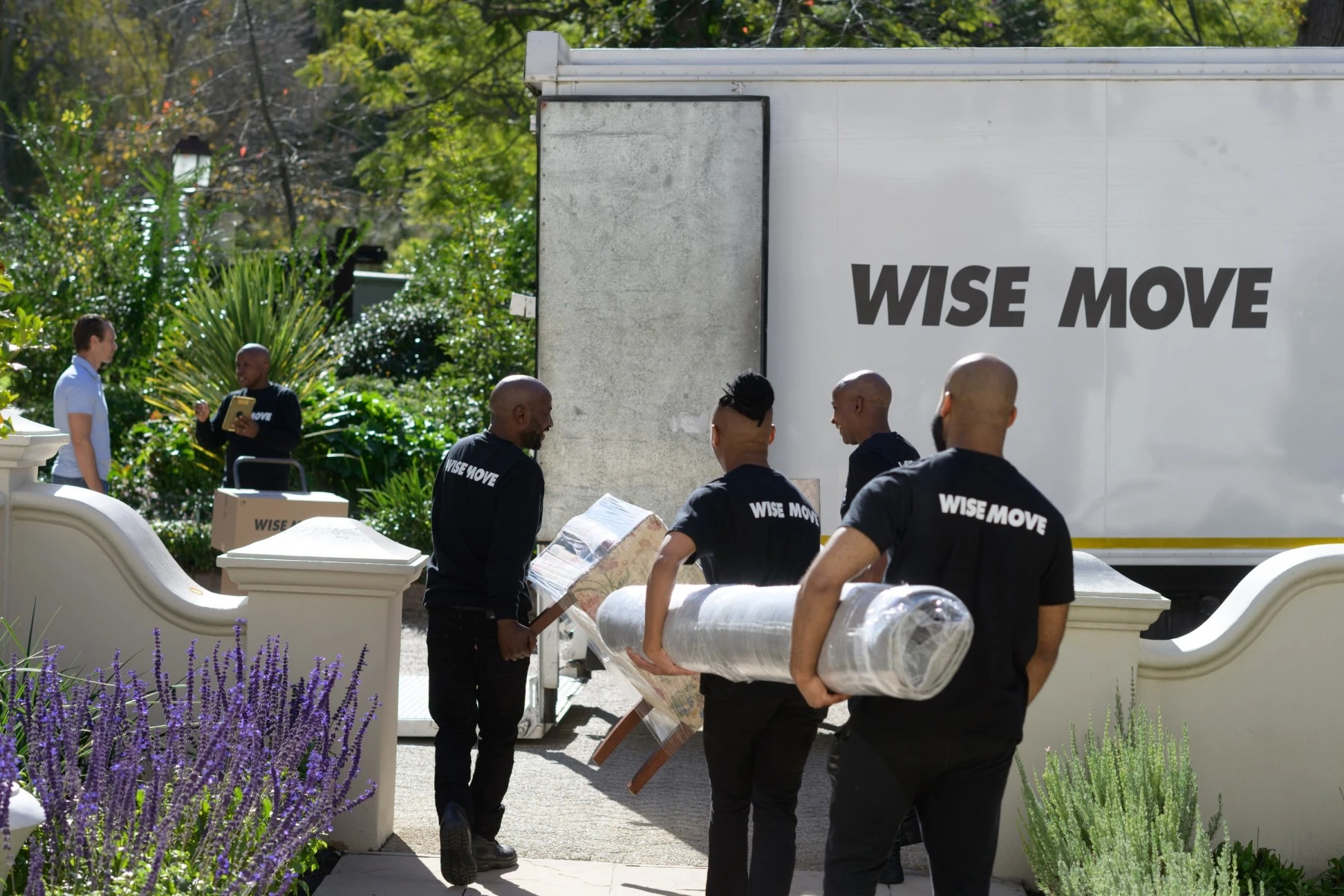
If a new life in George awaits you, you should start with a savvy move by relocating your household with Wise Move.
The innovative moving platform allows you to book the country’s most affordable and dependable home movers. They'll give you exceptional quotes to compare for loads of every kind. You can also read each moving company's customer reviews, images, info and insurance to gauge if they are the best fit for your move.
FAQs about living in George
Is George an expensive place to live compared to other cities in South Africa?
George is more affordable than Cape Town or Johannesburg in some categories, especially rentals and groceries. However, property prices for buyers are now among the highest in the country due to lifestyle demand.
How much do I need to live in George if I’m retired?
If you already own your home, a retired couple could live comfortably on R22,000 to R26,000 per month, assuming moderate medical aid, groceries, and leisure activities.
Can I live in George without a car?
Yes, thanks to the Go George public bus system, which is affordable and covers most of the city. However, having a private car is still preferred for convenience, especially if you live in a more suburban area.
Is George a good place to raise children?
Yes, George is known for its family-friendly lifestyle, outdoor activities, and reputable schools. Some families still choose boarding options in Cape Town for private high schools, though.
Is it easy to find work in George?
Employment opportunities can be limited, especially for highly specialised or corporate roles. Many newcomers work remotely, run their own businesses, or move for lifestyle rather than career advancement.
What are the biggest unexpected costs in George?
Higher-than-expected property prices, private school fees, and medical aid top the list. Home security and domestic help also add up, depending on your lifestyle.
What do our customers say?

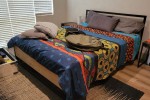

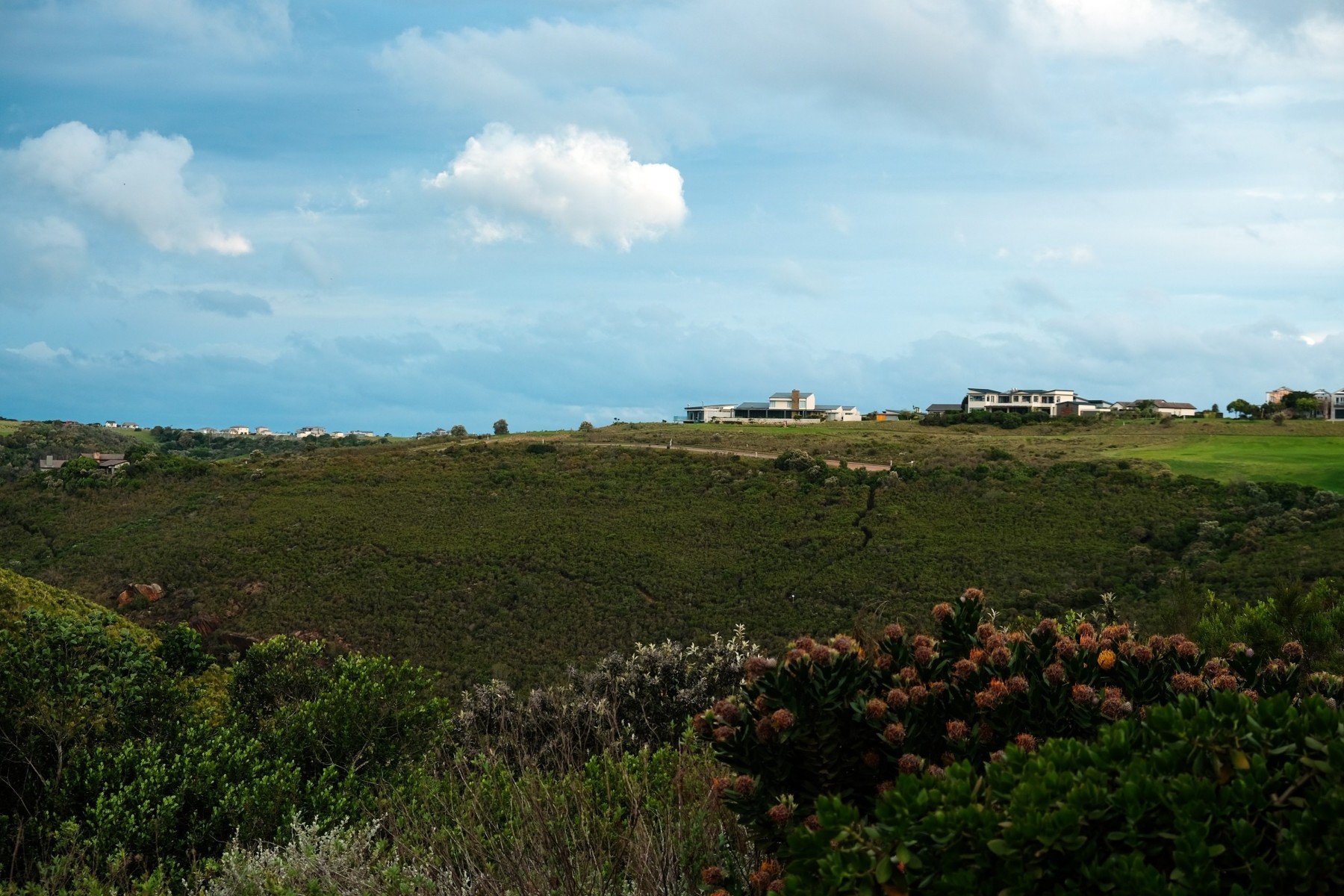
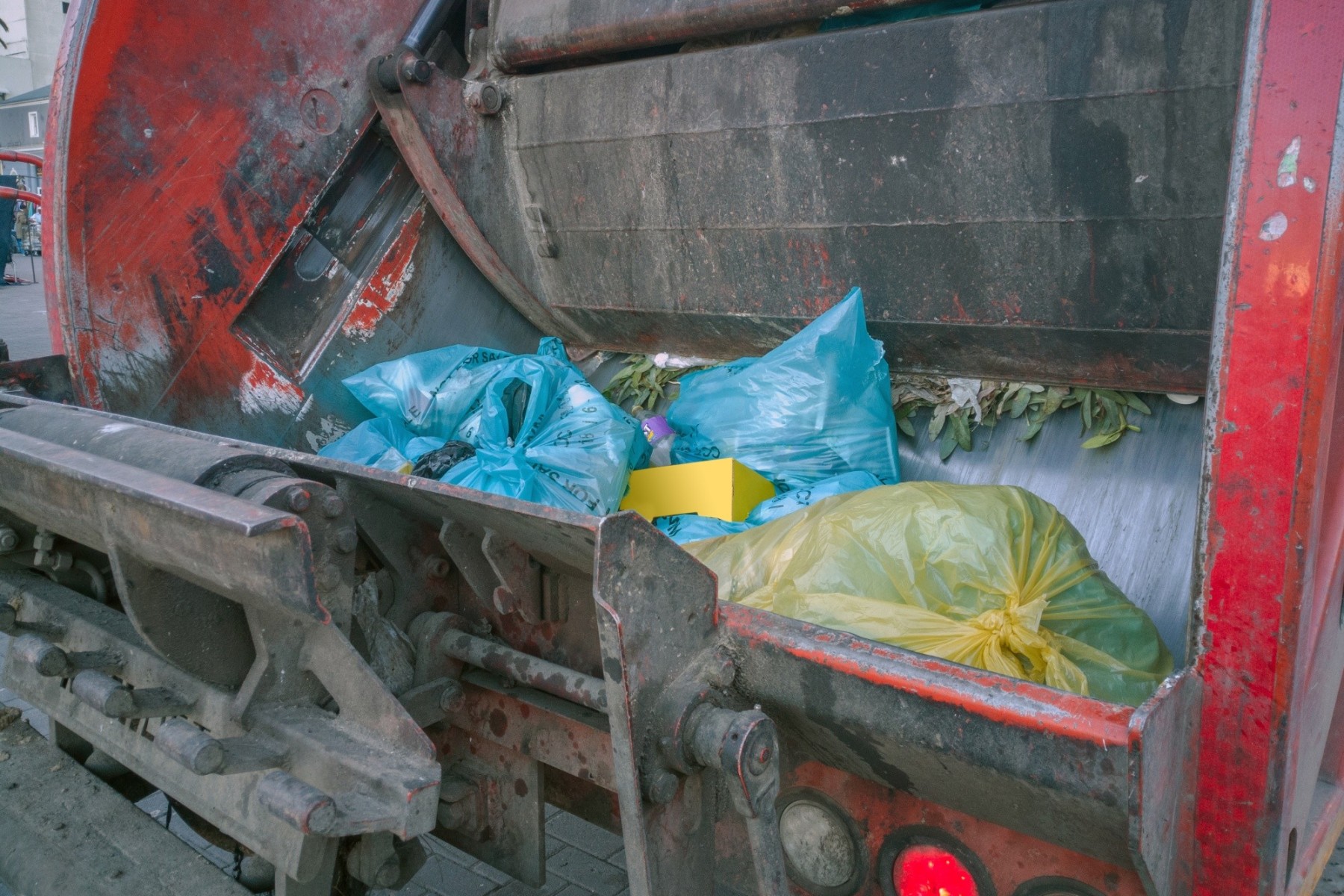



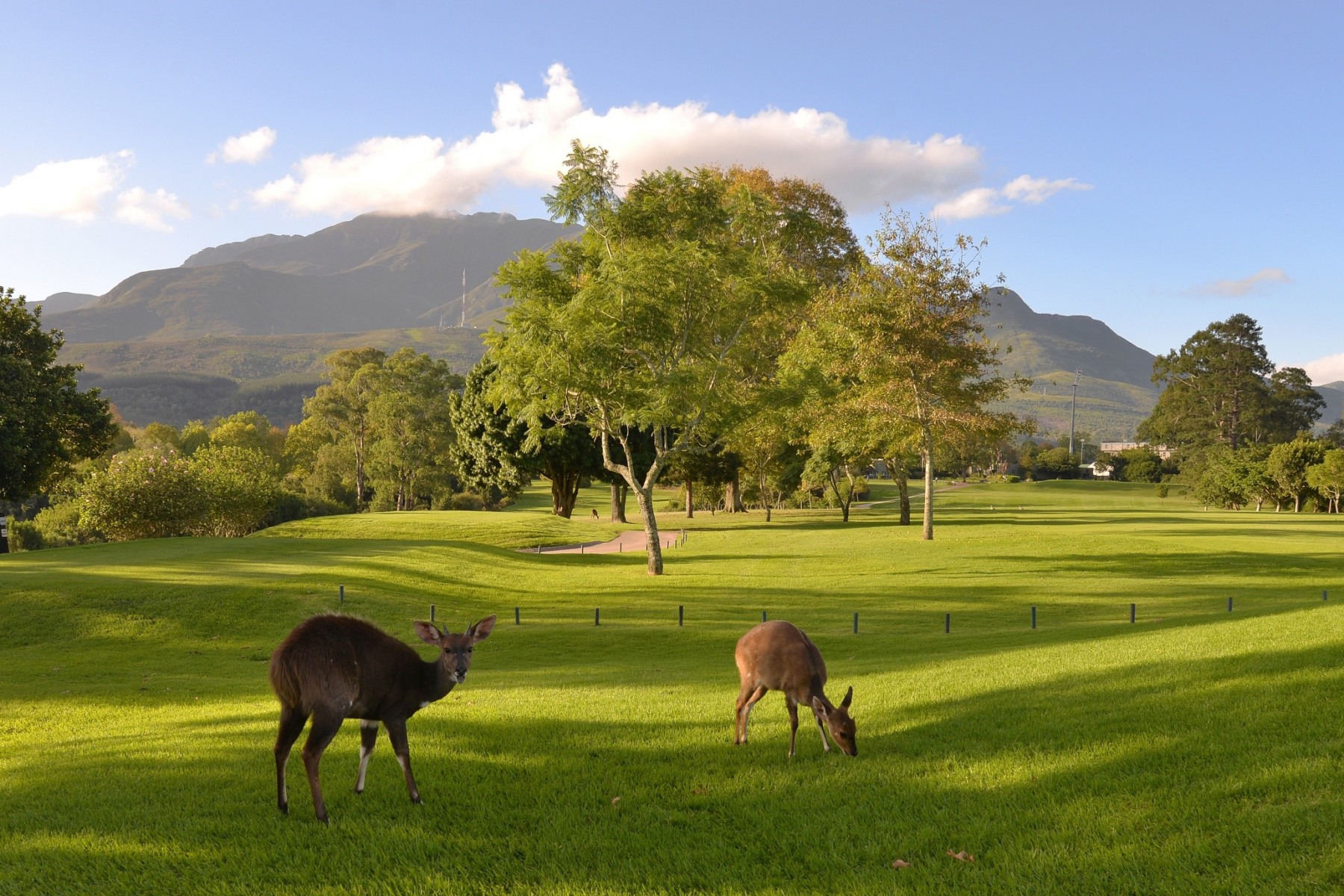
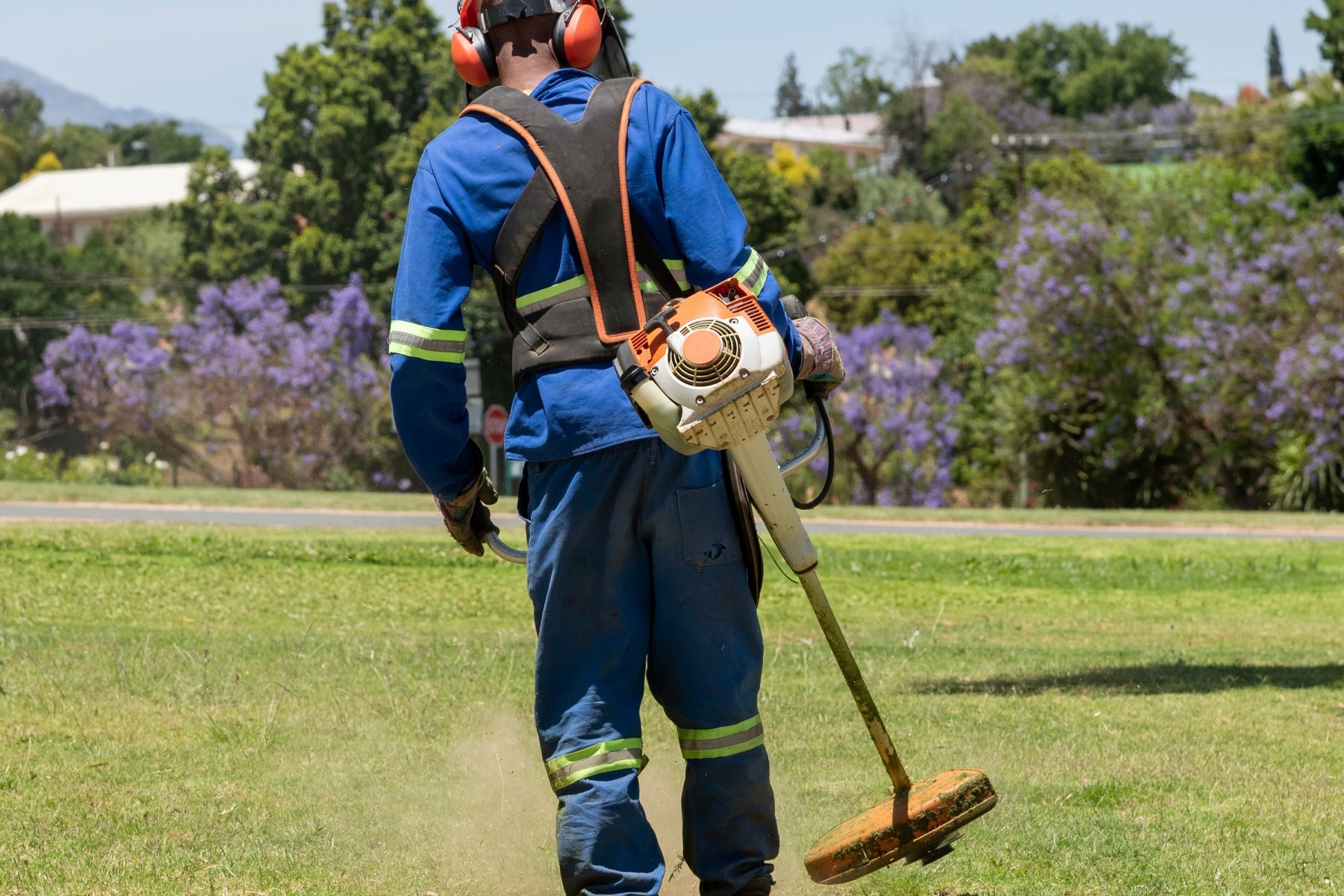
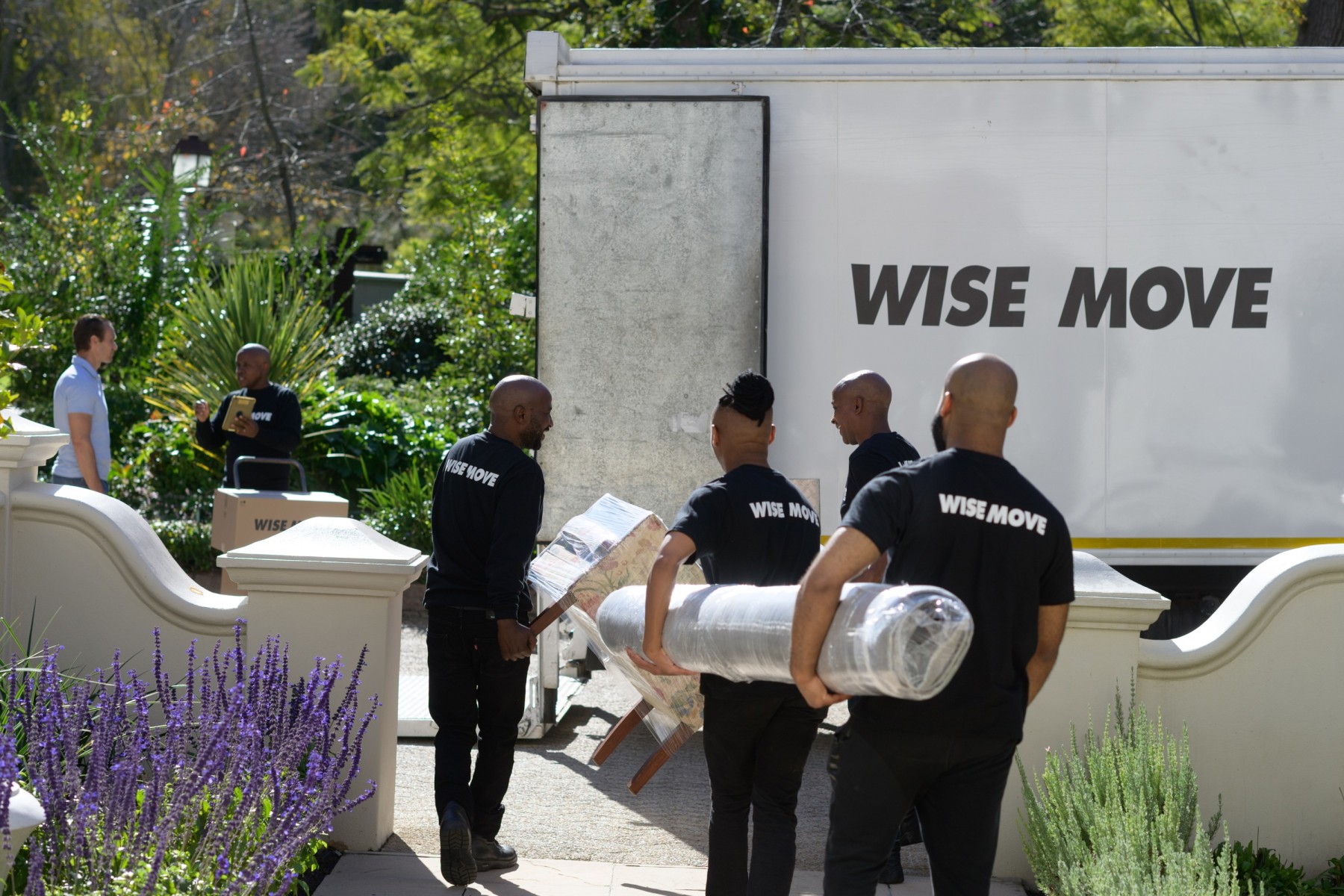
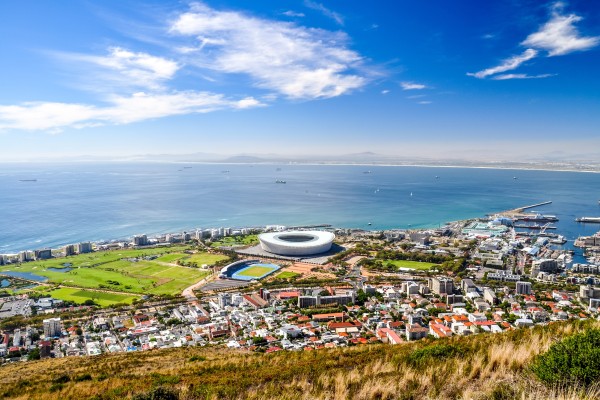

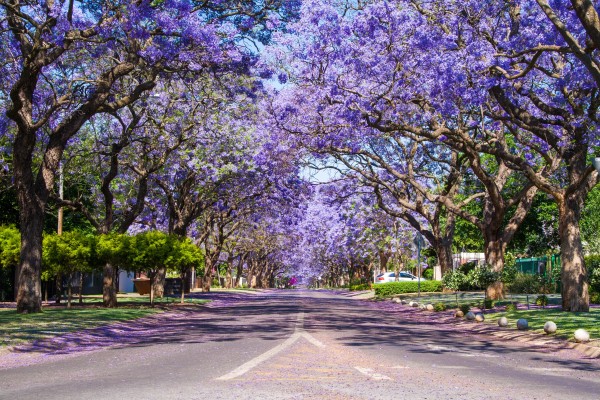

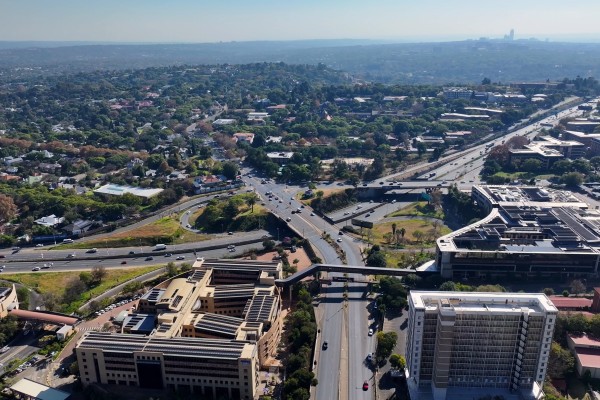
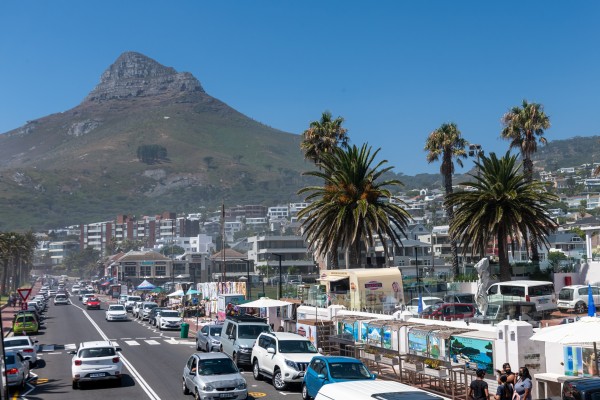
![The Cost of Living in Durban [2025] The Cost of Living in Durban [2025]](https://cdn.wisemove.co.za/image/blog/33d6922f3018eeb43ebed98163e7b2cd.jpeg)

